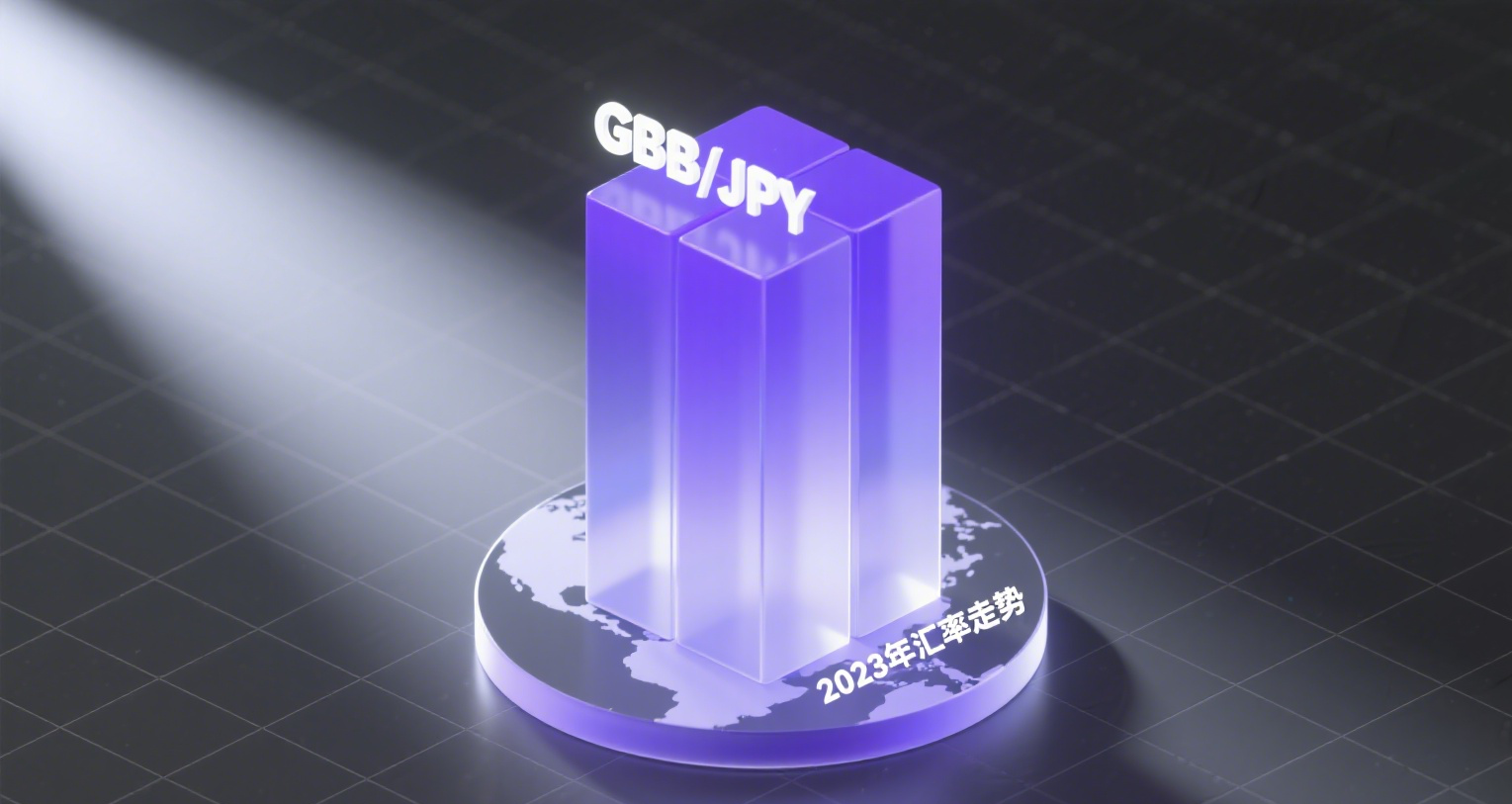
"Black Swan" Strikes: Yen Plummets While Japanese Stocks Hit Record High
On Monday (September 8) local time, Japanese stocks opened higher, with the Nikkei 225 Index rising 1% at the open. After minor fluctuations, the gains continued to expand, reaching a peak increase of over 1.88% during the session.
On the news front, according to CCTV News, around 18:00 local time on the 7th, Japanese Prime Minister and Liberal Democratic Party (LDP) President Shigeru Ishiba held an emergency press conference at the Prime Minister's Official Residence, announcing his decision to resign as LDP President. In the early morning of the 8th local time, the LDP successively held an interim high-level meeting and an election management committee meeting to formally discuss the implementation of the presidential election. The specific schedule and format of the election may be announced as early as tomorrow.
The statement indicated that under the agreement, the United States will impose a baseline tariff of 15% on almost all Japanese imports entering the country. Japanese imports already subject to higher tariffs will not face double taxation, while goods previously taxed at rates below 15% will be adjusted to the new rate. Separate industry-specific treatments will apply to automobiles and auto parts, aerospace products, off-patent drugs, and natural resources not naturally available or producible within the United States.
According to observations by 21st Century Business Herald reporters, on September 3, Japan’s ultra-long-term government bond yields hit a record high. A day later, Japan’s 30-year government bond auction faced weak demand again. On September 4, Japan auctioned 700 billion yen in 30-year government bonds with a bid-to-cover ratio of 3.31, the lowest since June and below the 12-month average of 3.38. However, market analysis suggests that this auction largely aligned with the 12-month average, providing temporary relief to the global bond market recently impacted by increased government spending. Some analysts warn that this is merely a tactical reprieve rather than a trend reversal.
The primary reason for the surge in Japanese government bond yields was the signal of a potential interest rate hike released by Bank of Japan Governor Kazuo Ueda on September 3 after meeting with Prime Minister Shigeru Ishiba. As a result, long-term Japanese government bond yields collectively soared, Japanese stocks fell across the board, and the yen sharply declined against the U.S. dollar.
















